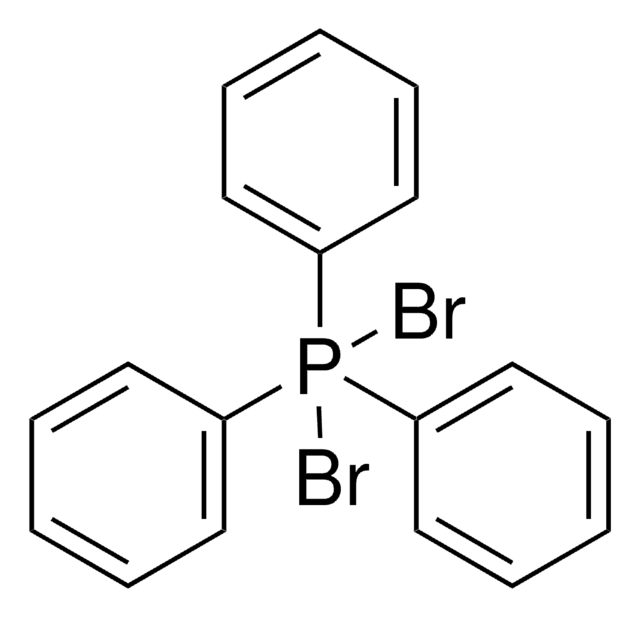363901
2-Chloro-2-propen-1-ol
technical grade, 90%
Sinónimos:
2-Chloroallyl alcohol
About This Item
Productos recomendados
grade
technical grade
assay
90%
form
liquid
refractive index
n20/D 1.459 (lit.)
bp
133-134 °C (lit.)
density
1.162 g/mL at 25 °C (lit.)
SMILES string
OCC(Cl)=C
InChI
1S/C3H5ClO/c1-3(4)2-5/h5H,1-2H2
InChI key
OSCXYTRISGREIM-UHFFFAOYSA-N
¿Está buscando productos similares? Visita Guía de comparación de productos
Categorías relacionadas
General description
Application
signalword
Warning
hcodes
Hazard Classifications
Acute Tox. 4 Oral - Flam. Liq. 3
Storage Class
3 - Flammable liquids
wgk_germany
WGK 3
flash_point_f
129.2 °F - closed cup
flash_point_c
54 °C - closed cup
ppe
Faceshields, Gloves, Goggles, type ABEK (EN14387) respirator filter
Certificados de análisis (COA)
Busque Certificados de análisis (COA) introduciendo el número de lote del producto. Los números de lote se encuentran en la etiqueta del producto después de las palabras «Lot» o «Batch»
¿Ya tiene este producto?
Encuentre la documentación para los productos que ha comprado recientemente en la Biblioteca de documentos.
Los clientes también vieron
Nuestro equipo de científicos tiene experiencia en todas las áreas de investigación: Ciencias de la vida, Ciencia de los materiales, Síntesis química, Cromatografía, Analítica y muchas otras.
Póngase en contacto con el Servicio técnico














